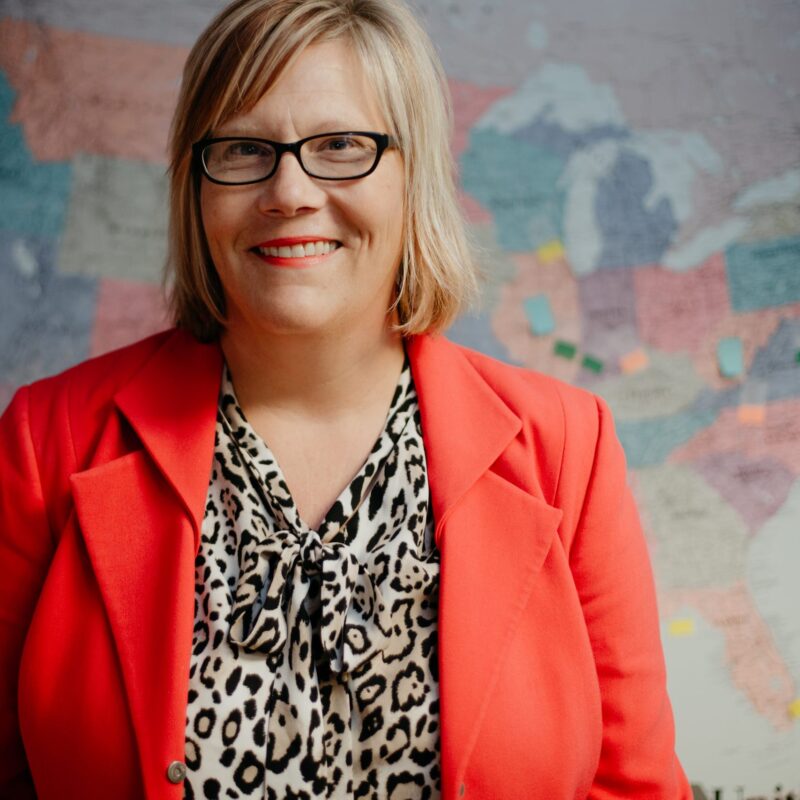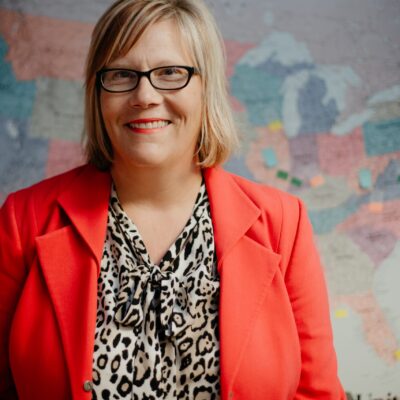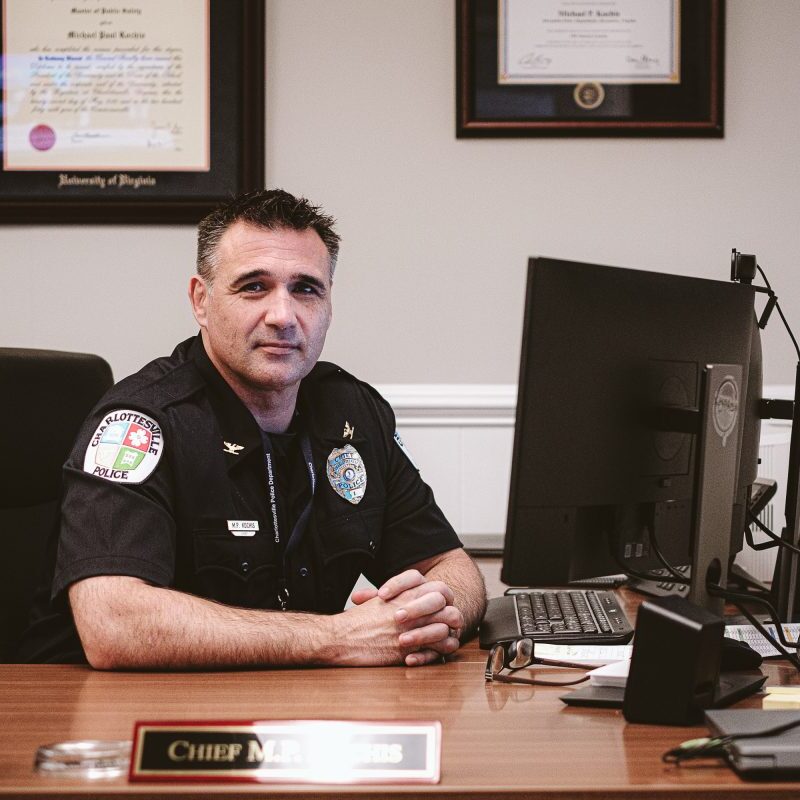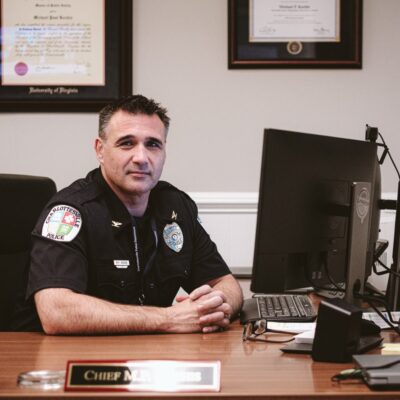Like building a tolerable “best of” list, finding the perfect holiday gift can be confusing. That’s why C-VILLE asked UVA faculty to tell us about their favorite book that came out in 2009. Read on, and happy holidays.
Marianne Baernholdt, Nursing
Little Bee, by Chris Cleave
(Simon & Schuster)
“In Britain where it was first published they called it The Other Hand. I picked it up in London this summer and have talked about it to everybody I know. It hit a nerve with me as it describes relationships across cultures, continents and ages. The twist and turns were surprising and the ending left me in a gasp.”
Lou Bloomfield, Physics
The Help, by Kathryn Stockett (Putnam)
“It’s a stunning portrayal of black maids raising white children in the segregated Mississippi of 1962. I was a northern child in 1962, so this book is a window into a parallel universe I never knew.”
Julian Bond, History
Lift Every Voice: The NAACP and the Making of the Civil Rights Movement, by Patricia Sullivan (New Press)
“It is the first academic history of the 100-year-old NAACP; Kirkus Reviews called it: ‘An overdue tribute to the organization most responsible for dismantling American apartheid.’”
Cammy Brothers, Architecture
Five Houses, Ten Details, by Edward R. Ford (Princeton Architectural Press)
“Elegantly and concisely written by my colleague at the School of Architecture, it intersperses reflections on Ford’s own trajectory as a designer and design process with broader, philosophical considerations of many of the central questions that surround the making of architecture. It demonstrates a deeply thoughtful and thought provoking approach to architecture, free of jargon and grounded in an impressive knowledge of 20th-century writing on architecture and the history of ideas.”
Larry J. Sabato, Director, Center for Politics
Princeton Encyclopedia of American Political History (Princeton University Press, 2010)
“Googling isn’t enough … This handsome two-volume encyclopedia includes entries about almost every significant topic in the field—institutions, parties, periods, ideas, wars, founding documents, regions, ethnic and racial groups, issues, and culture, from ‘abolitionism’ to ‘World War II.’ This is the kind of scholarship you keep both on your desk and next to your easy chair, and you’ll always take away something valuable from an investment of just ten minutes at a time.”
Lisa Russ Sparr, Creative Writing
Seven Pleasures: Essays on Ordinary Happiness, by Willard Spiegelman (Farrar, Straus and Giroux)
“In Seven Pleasures: Essays on Ordinary Happiness, Willard Spiegelman, a distinguished poetry scholar and professor at Southern Methodist University, offers seven smart, witty ‘ways’ to genuine sanguinity—reading, walking, looking, dancing, listening, swimming, and writing. Far from the pap and exhortions of most feel-good guides (on a randomly chosen page in the text, for example, the reader finds meditations on dorm living, Jack Kerouac, Huckleberry Finn, Plato, and Desperate Housewives), this book—part memoir, part testament to the deeply lived life—is a treasure trove of insights into our American obsession with the ‘pursuit of happiness’ and into Spiegelman’s own contagious, manifold forays into delight.”
William Wylie, Art
The Age of Wonder: How the Romantic Generation Discovered the Beauty and Terror of Science by Richard Holmes (Pantheon)
“It uses a range of scientific breakthroughs in the late 18th century; from Herschel’s astronomy and the chemistry of Humphrey Davy to hot air ballooning and Mary Shelly’s Frankenstein, to exhibit how the passion of the scientists and their relationship with the culture of the time help shift the pattern of discovery in Nature from one of description to revelation and transformation.”
C-VILLE welcomes news tips from readers. Send them to news@c-ville.com.





